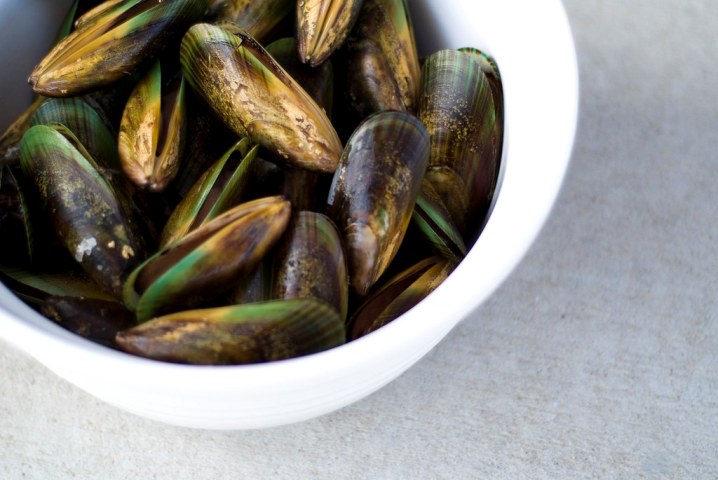In a bid to protect and restore the mussel population in Ōhiwa Harbour, the New Zealand government has enacted a two-year ban on harvesting kuku (mussels) in a designated area of the eastern Bay of Plenty. Oceans and Fisheries Minister Shane Jones announced that the closure, requested by Te Rūnanga o Ngāti Awa, aligns with a traditional rāhui called Te rāhui kuku ki tua o Kanawa, aimed at giving mussel beds the time they need to mature and regenerate.
“This closure will ensure the mussels have the best opportunity to mature, reproduce, and contribute to a bigger population in the harbour,” said Minister Jones. “Kuku, or mussels, are a taonga species for iwi and are essential in maintaining the ecological balance and mauri (life force) of Ōhiwa Harbour.”
The 0.1 square kilometer closed area, which came into effect today, will be enforceable by Fishery Officers and is part of a larger ecological and cultural initiative. Over recent years, local iwi, Ngāti Awa, have worked to restore mussel beds in Ōhiwa Harbour by reseeding and protecting mussel populations, with strong support from the community and environmental groups.
Ngāti Awa has emphasized that kuku play a crucial role in filtering water, providing habitat for marine species, and preserving the cultural heritage of the harbour. Ngāti Awa representative and environmental leader Hera Te Moana noted, “This rāhui is essential not only for the growth of the mussel population but also to preserve our traditions and the vitality of the harbour itself. We are working to bring life back to our waters, and this ban allows us to do so.”
Beyond the temporary closure, Ngāti Awa is also exploring long-term plans for maintaining the health of the mussel beds, including potential collaborations with marine scientists and environmental groups under the Sustainable Seas Challenge initiative. These plans could involve ongoing restoration projects, such as habitat enhancement and additional seeding efforts, designed to sustain the biodiversity and resilience of Ōhiwa Harbour.
Minister Jones praised the dedication of Ngāti Awa and the local community in their efforts. “Their work is ensuring the health of these mussel beds for future generations. It’s a model of how communities can work together with nature to bring about lasting change.”
More details on the ban and a map of the protected area are available on the Fisheries New Zealand website. Information on Ngāti Awa’s mussel bed restoration efforts can also be found on the Sustainable Seas Challenge website, which highlights their commitment to preserving New Zealand’s marine biodiversity for generations to come.











